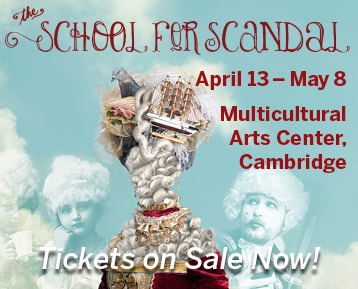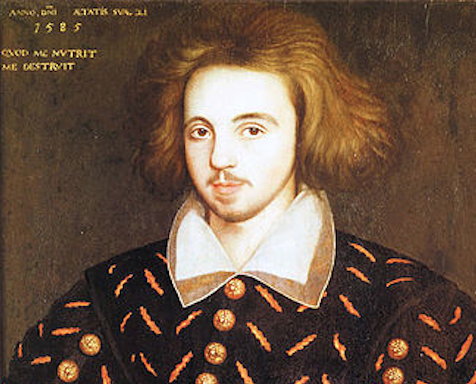You May Also Like

Thank you for supporting our Gala
Oh what a night! See scenes from our Scandalous Gala.
> Learn more
Scandal in Cambridge?
ASP takes over the Multicultural Arts Center for our latest production!
> Learn more
Summer Youth Intensive begins July 5
ASP Youth take to the stage again for an intensive study into A Midsummer Night’s Dream!
> Learn more
